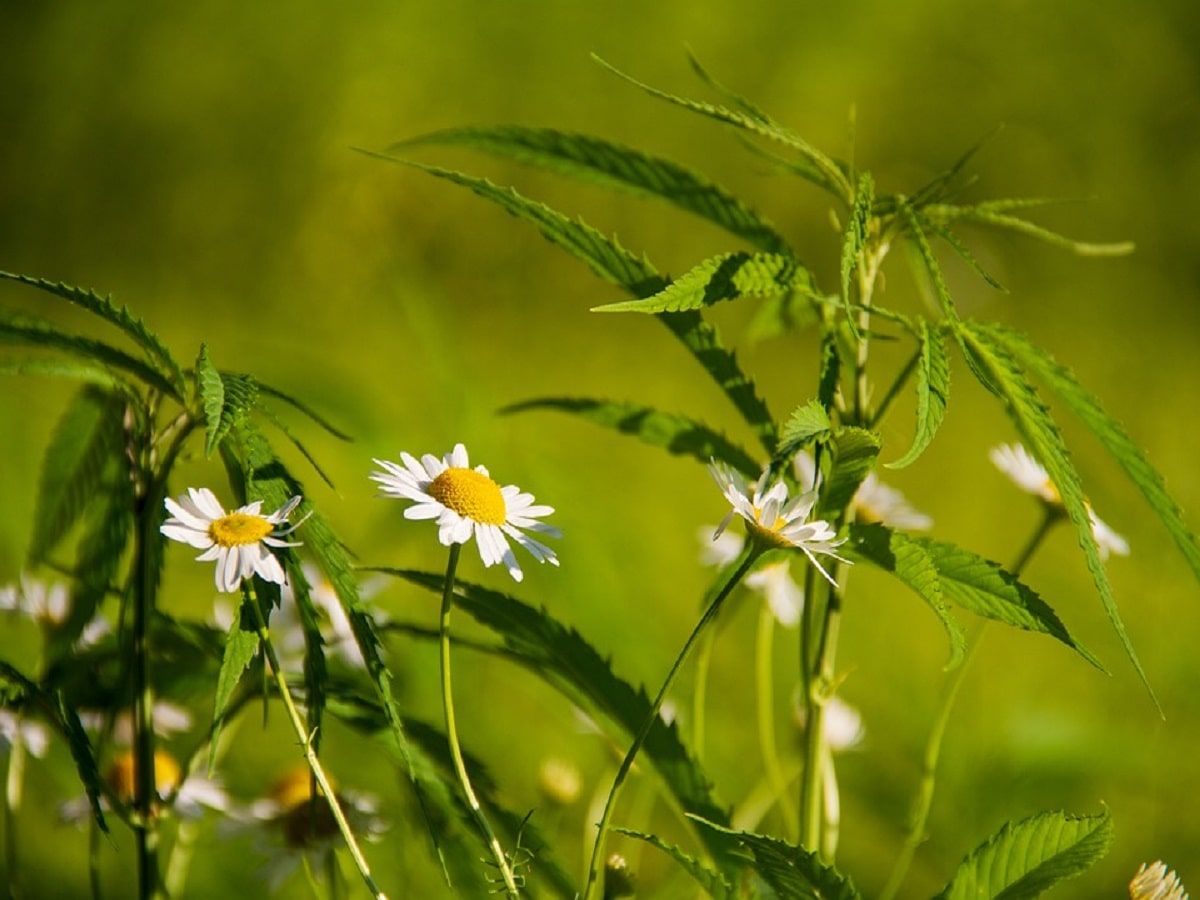Hemp May Be Increasingly Used As A Plant-Based Meat Ingredient
The hemp plant is one of the most versatile crops on earth, capable of producing numerous textiles and wellness products. According to new research out of Japan, it may also be capable of revolutionizing the food processing industry, particularly as it pertains to the production of plant-based meats.
A team of investigators associated with the Institute of Food Research, National Agriculture and Food Research Organization in Ibaraki, Japan examined the hemp plant’s usefulness to the food processing industry.
“In the era of SDGs, useful plants which provide valuable industrial outputs and at the same time pose less impact on the environment should be explored. Hemp seems one of the most relevant gluten-free crop plants to meet such requirements.” the investigators stated about their research.
As the researchers pointed out in their findings, which were published in Foods (an Open Access Journal by MDPI), the hemp plant requires far fewer pesticides and consumes less water during the growth cycle compared to many other crops.
“This short review investigates hemp’s sustainability as a plant as well as its utility value as a highly nutritional material in the food industry. Recent application research of hemp protein in food processing includes plant milk, emulsifiers, fortification of gluten-free bread, plant-based meat production, as well as membrane formation. These studies have revealed distinctive properties of hemp protein, especially in relation to disulfide (S-S)/sulfhydryl (-SH)-mediated interactions with protein from other sources.” the researchers stated in their abstract.
“Hemp seeds are high-protein, low-carbohydrate, and rich in dietary fiber and unsaturated fatty acids. After expression of oil from the seeds, the residual mass is a useful protein-rich material for food processing. Moreover, hemp seed protein has distinctive characteristics suitable for developing new foods such as an emulsifier, plant-based meat, and gas-retaining membrane. The cysteine-rich protein feature realizes unique disulfide-mediated interactions with protein from other sources and is thus expected to facilitate development of new food materials.” the researchers concluded.
The team of investigators also pointed out in their conclusion that hemp protein is less soluble and a higher temperature is needed for processing compared to other plant proteins, so further research is warranted regarding what it takes to achieve suitable reaction conditions for hemp protein.
According to international data company Grand View Research, the global plant-based meat market was valued at over $5 billion in 2021 and is expected to expand at a compound annual growth rate of 19.3% between now and 2030.


